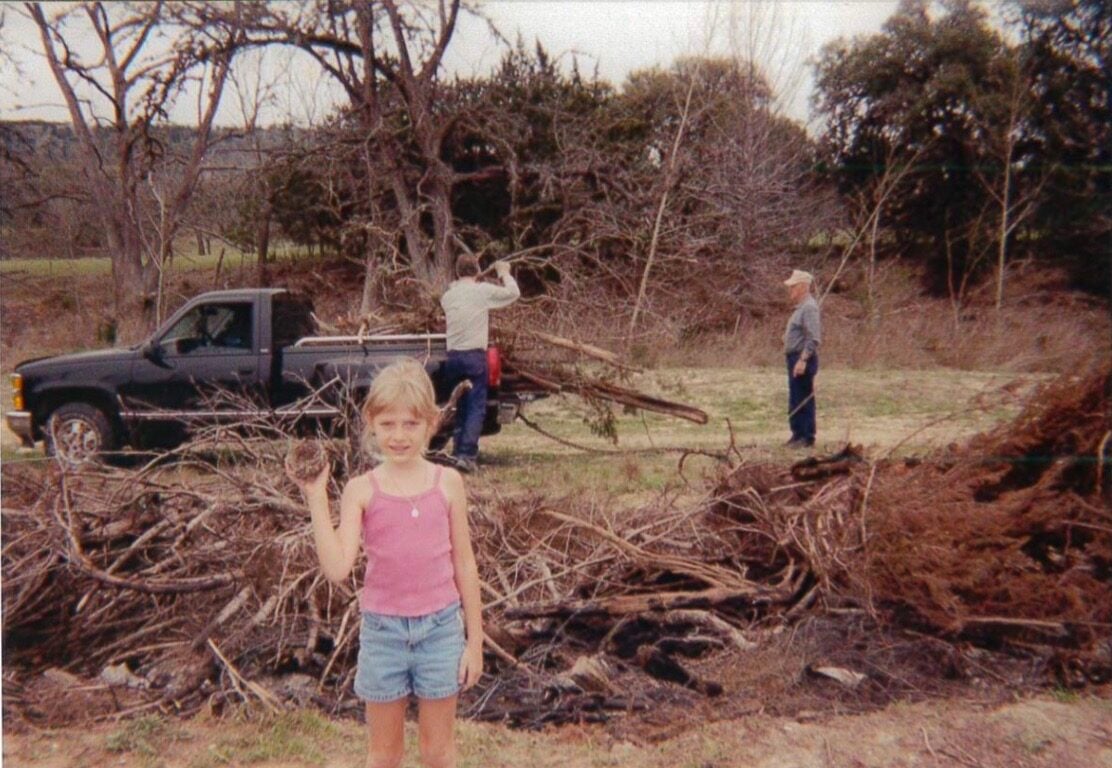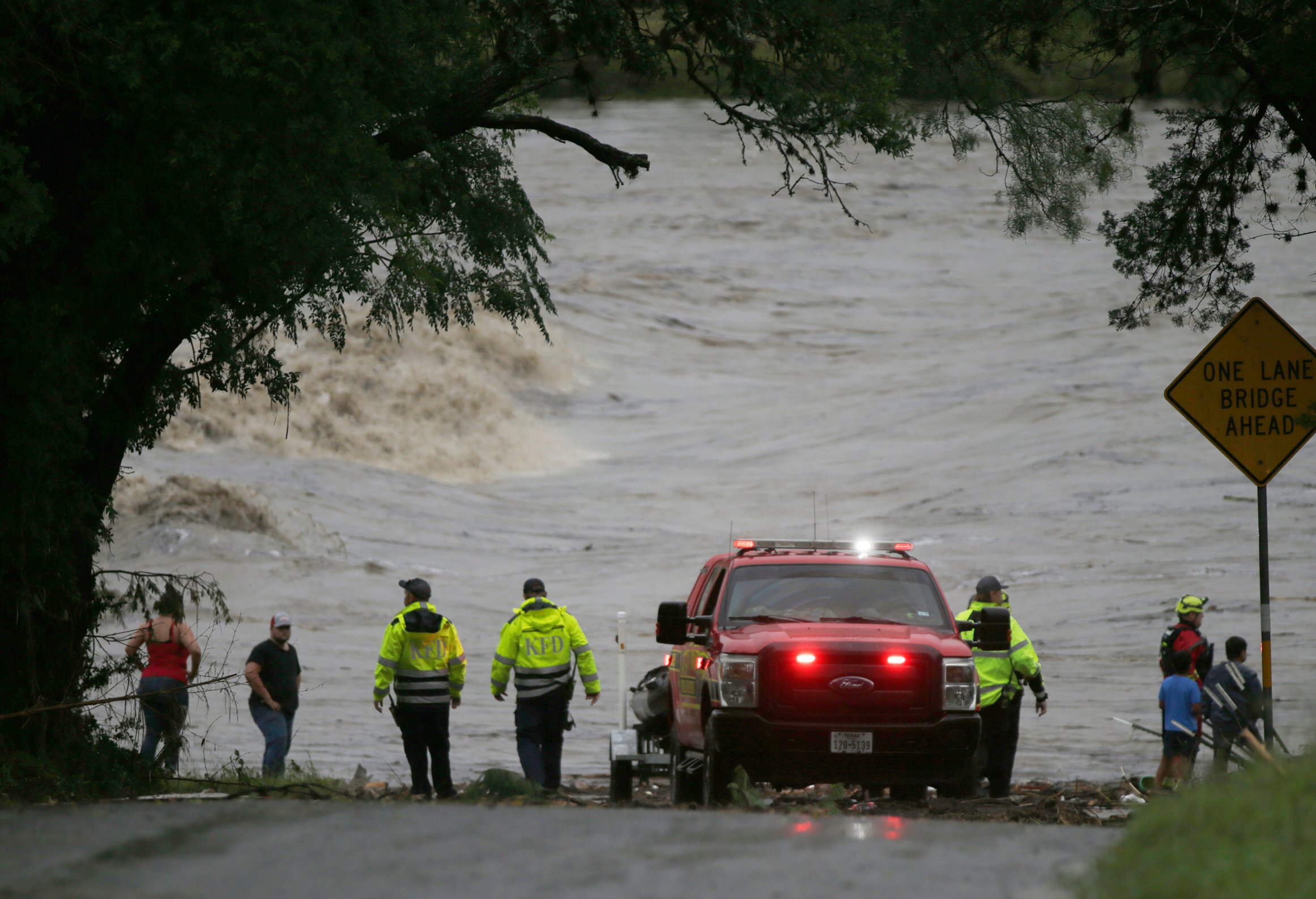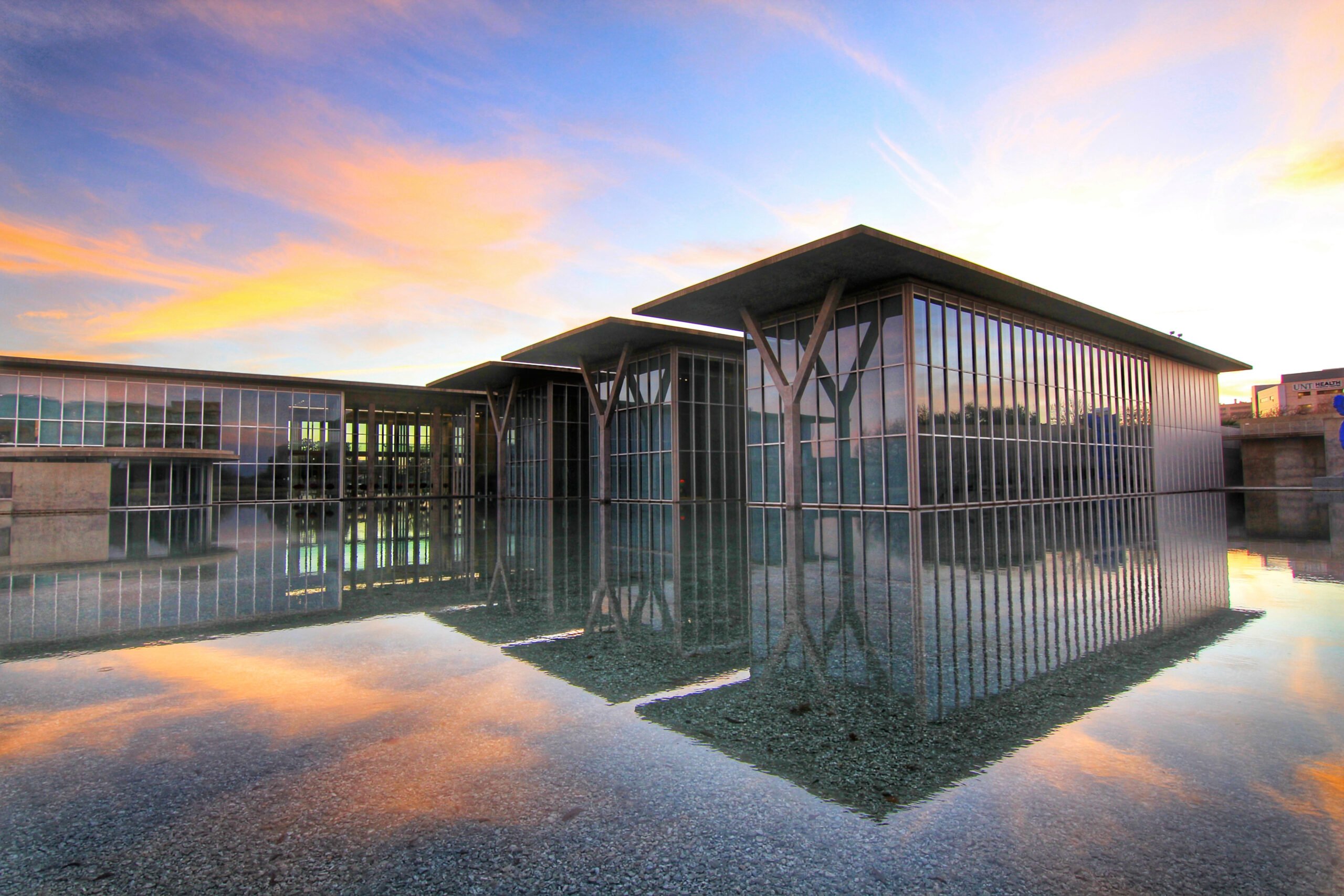Afghanistan: The Truth Leaks – Again
Some critics are more worried about how the Afghanistan war documents got out, instead of what damning news in in them.

I.F. Stone said this almost 50 years ago: “The bureaucracies put out so much that they cannot help letting the truth slip from time to time.”
Stone would be nodding his head as he watched the U.S. military denounce the fact that on Sunday, Wikileaks worked with The New York Times, The Guardian and Der Speigel to release tens of thousands of classified war documents.
Stone, more than almost any other American journalist, learned to feast on government records – ones he ferreted out from deep inside the grey buildings (the “bowels of government” as he called it), as well as ones that conscience-guided whistleblowers handed to him.
Either way they arrived on his desk, it didn’t matter – Stone believed that all governments lie and that sometimes it was only the Big Bureaucratic paper trail that led to the truth. And he believed in the public’s right to know what the hell the government is doing for them – or to them.
People familiar with many of the 92,000 documents that the still-anonymous source gave to Wikileaks are suggesting that perhaps the scariest thing that the papers reveal is a bigger pattern of civilian casualties in the Afghanistan war than was widely known.
And the head of Wikileaks has been suggesting that there is more to come, and that it might eventually lead to war crimes investigations.
It’s convenient to blame the messenger and skip the message – the cautionary lessons about the First Amendment, about the right to truth in a democracy. This is not new. There were people who wanted Stone to vanish – in any way possible.
And it was never really a long leap from past revelations like the Pentagon Papers, which revealed how the public was lied to over Vietnam, to other more contemporary government charades and lies – and other attempts to muffle the First Amendment, to muzzle the media.
There was the carefully organized, smoke-and-mirrors invitation for reporters to “embed” themselves with military units during the 2003 launch of the war in Iraq. The military couldn’t wait to slap helmets on gullible reporters whom Donald Rumsfeld and Karl Rove correctly assumed would love to play G.I. Joe and forget that the real stories: Why exactly was the U.S. in another war in the first place? Who said there were WMDs? What was the real prime directive?
Now, the Wikileaks episode has already reprised a lot of these regrettably redundant lessons. Some critics are more worried about how the Afghanistan war documents got out, instead of what damning news is in them.
We might not ever be privy to the full conversations that editors might have had with the military over what exact portions of the leaked documents can run – and what was held back from readers.
That’s another dilemma itself. It raises the question of whether editors should censor themselves in the name of government policies. It raises the question of how editors decide what is a matter of national security, and what is a nation’s right to know.
For now, the Wikileaks saga has proved at least one thing.
We still have an aching need for a ballsy, aggressive press — one utterly defined by a belief that governments really do lie … and really need to be held accountable to their citizens.


